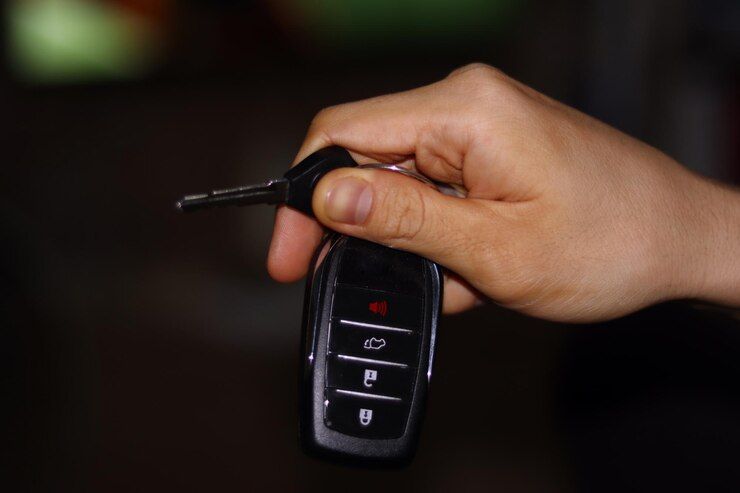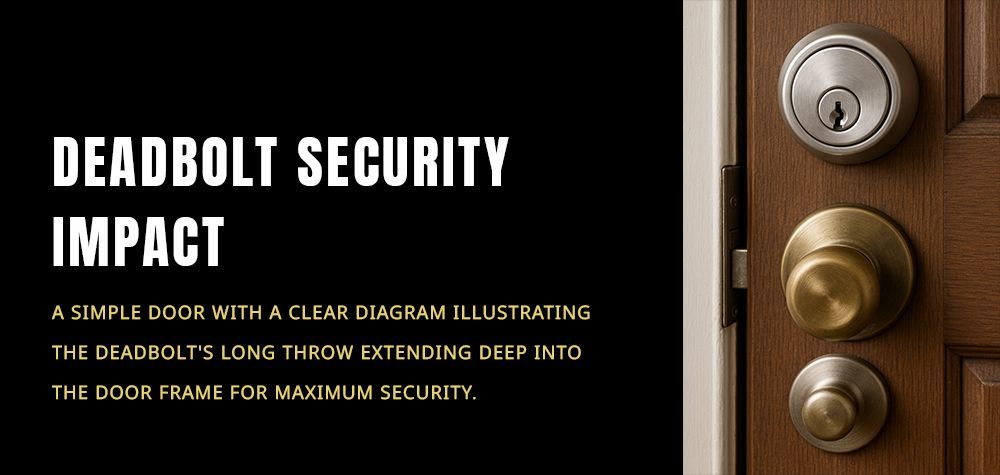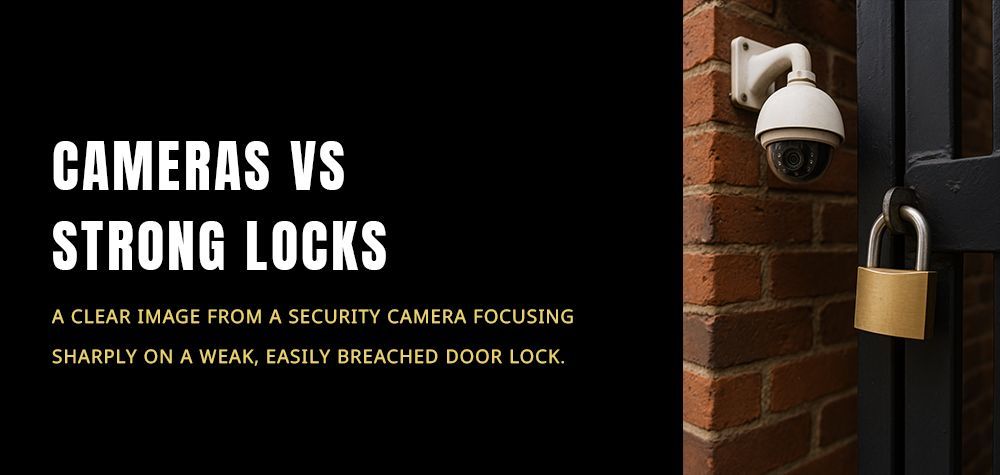Exploring the Benefits of Transponder Keys
Imagine a key that not only unlocks your car but also provides an extra layer of security against theft. Enter transponder keys, the innovative solution reshaping vehicle access and security today. Unlike traditional keys, transponder keys utilize advanced technology, emitting a unique electronic signal that communicates with your vehicle's immobilizer system. This technology not only enhances security by thwarting unauthorized access but also offers convenience through easy replacement and durability.
In this guide, we'll delve into the myriad benefits of transponder keys, from their robust security features to their user-friendly design and longevity. Discover why more drivers are opting for transponder keys as a reliable choice for safeguarding their vehicles and ensuring peace of mind.
Read more about How transponder chips work!
Enhanced Security:
Transponder keys represent a significant advancement in vehicle security, employing encrypted electronic codes that communicate uniquely with your car's immobilizer system. Unlike traditional keys that rely solely on mechanical mechanisms, transponder keys require verification from both the key and the vehicle before allowing access. This dual-layer authentication significantly reduces the risk of unauthorized entry and car thefts, making transponder keys a preferred choice for modern vehicle owners concerned about security.
Easily Replaceable:
One of the standout features of transponder keys is their ease of replacement compared to traditional keys. In the event of loss, damage, or theft, transponder keys can be reprogrammed or replaced relatively quickly and cost-effectively by automotive locksmiths or dealerships. This convenience stems from the ability to program new electronic codes into the vehicle's system, rendering lost or stolen keys obsolete while preserving the security integrity of the vehicle. This ease of replacement ensures minimal disruption to daily routines and provides peace of mind knowing that vehicle access can be swiftly restored.
Durability:
Transponder keys are known for their robust construction and durability, designed to withstand the rigors of daily use. Unlike traditional keys that can wear out or break over time, transponder keys are typically made from durable materials and feature sealed electronic components that protect against moisture and physical damage. This durability ensures that transponder keys maintain their functionality and reliability, even in challenging environments or weather conditions. With proper care and maintenance, transponder keys can provide long-lasting performance, making them a reliable choice for vehicle owners seeking a key that stands the test of time.

Longevity:
Transponder keys are designed for longevity, offering a prolonged lifespan compared to traditional keys. The electronic components within transponder keys are securely housed and protected, reducing the risk of wear and malfunction over time. With regular maintenance and care, transponder keys can continue to operate efficiently for many years. This longevity not only ensures consistent performance but also minimizes the need for frequent key replacements, saving both time and money for vehicle owners. Investing in a transponder key provides peace of mind, knowing that your vehicle access remains secure and reliable over an extended period.
User-Friendly Design:
Transponder keys are designed with user convenience in mind, offering a straightforward and intuitive operation. Unlike traditional keys that may require precise insertion and turning, transponder keys typically feature a simple process of pressing a button or inserting the key into the ignition to start the vehicle.
This ease of use enhances the overall driving experience, allowing for quick and efficient access to your car without the hassle of fumbling with keys. Additionally, many transponder keys incorporate ergonomic designs that fit comfortably in the hand, further enhancing usability. Whether you're starting your vehicle in a hurry or accessing trunk space, transponder keys provide a seamless and user-friendly solution for modern drivers.
Conclusion:
Transponder keys represent a leap forward in vehicle security and convenience. With their encrypted electronic codes and dual-layer authentication, they provide robust protection against unauthorized access and car theft. Beyond security, transponder keys are prized for their durability, designed to withstand the demands of daily use without compromising performance. Their longevity ensures years of reliable operation, while their user-friendly design simplifies vehicle access with the press of a button. For drivers seeking peace of mind and efficiency, transponder keys are more than just keys—they are a testament to modern innovation in automotive security and usability.
Reach out to us for key replacement, key duplication or key cutting services!
Call Us Any Time!






